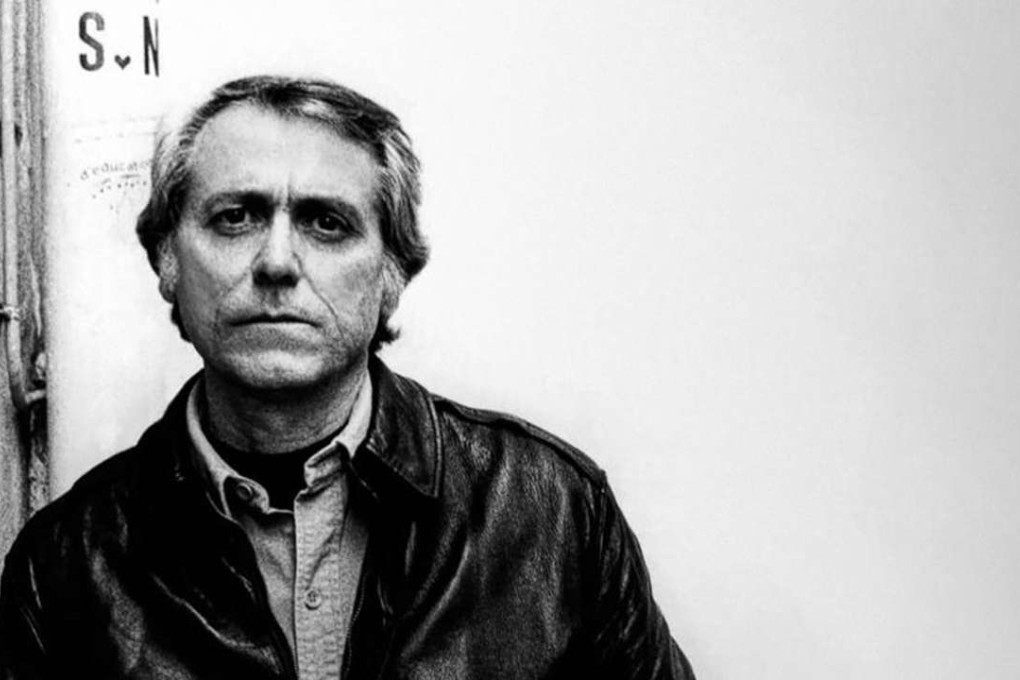Advertisement
Book review: Zero K by Don DeLillo – on the quest for meaning and immortality
The acclaimed American novelist has written a profound and deeply moral sci-fi story that laments the mess humanity has made of the planet
Reading Time:2 minutes
Why you can trust SCMP


Zero K
by Don DeLillo
Advertisement
Scribner
3/5 stars
Advertisement
Don DeLillo’s latest novel toggles between a remote compound in central Asia and the workaday world of New York. In the bunker an apocalyptic cult is engaged in the cryogenic preservation of humans, whose brains and bodies are being frozen until the time when diseases have been cured and human consciousness perfected.
Meanwhile, in Manhattan, an introspective young man named Jeffrey Lockhart, whose father, billionaire Ross Lockhart, is an investor in the cult, is trying to come to grips with his unhappy childhood and uncertain future.
Advertisement
Select Voice
Select Speed
1.00x